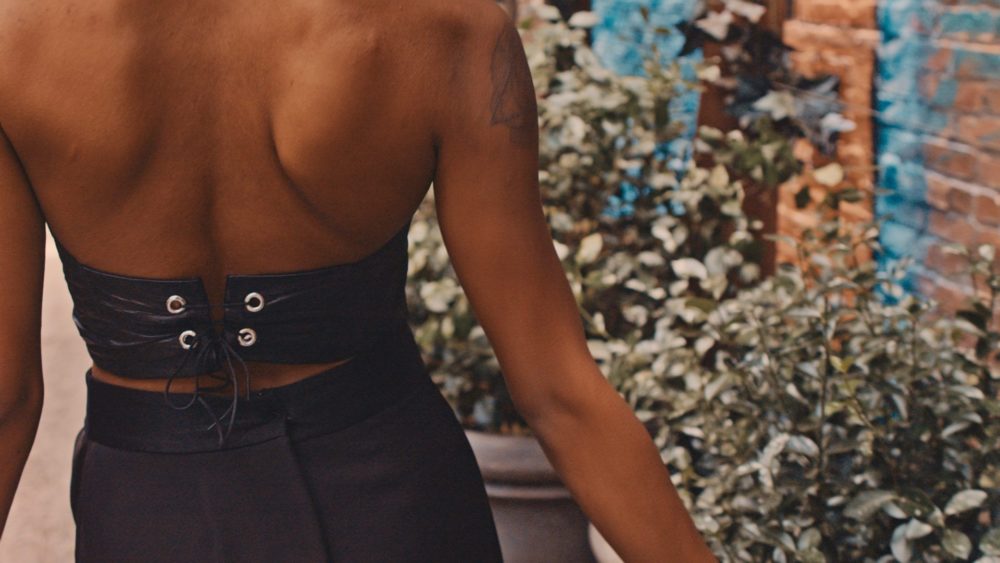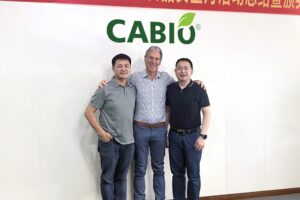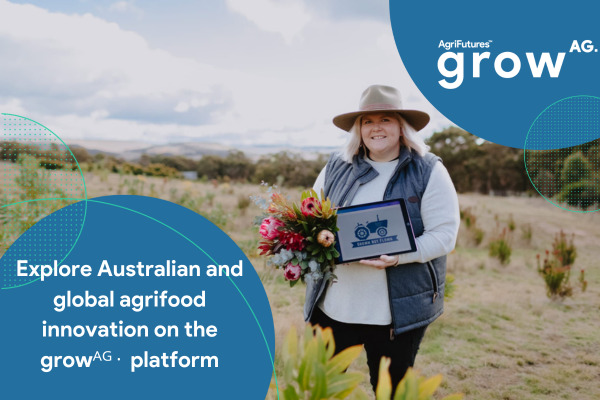US biomaterials company Bucha Bio has raised $550,000 in funding to scale up production of its bio-textile product called Mirai.
Investors included New Climate Ventures, Beni Venture Capital, Lifely VC, QKZ Design, and MicroVentures, alongside angels Cary Pinkowski, Nicholas Valeriano, and Fiona and George Sobek.
Bucha Bio makes novel biomaterials by fermenting renewable bacterial nanocellulose, a natural biopolymer created by strains like Gluconacetobacter xylinus. The New York-based startup blends the material created by this process with natural fibers. This in turn produces, in the company’s own words, “high-performance textiles and composites” that can be alternatives to animal and petrochemical-based materials like leather, vinyl, latex, and epoxy.
CEO Zimri Hinshaw tells AFN that growing sheets of material using this process takes mere weeks, rather than months or years as it would with animal-based materials or those made from petroleum.
He started out growing batches of kombucha scoby in his dorm room at Temple University in Philadelphia, before switching to what he describes as Bucha’s “proprietary consortia of bacteria and yeast.” The company’s first product was a pillow developed with an interior design company in Philadelphia.
Bucha Bio completed SOSV’s IndieBio accelerator program earlier this year.
“What happened in the last five years will happen with biomaterials the next five years: the world went from vegans [being] only 2% of the population to embracing plant-based foods and several unicorns in this space,” IndieBio partner Gwen Cheni tells AFN.”With Bucha Bio, we saw a young founder but one with lots of hustle. Turning the tide of an industry requires years of relentless hustle.”
Mirai, the company’s flagship product, is a biodegradable textile that has a durability similar to traditional cowhide and can be customized to different colors and textures.
Bucha’s business model is to work with other companies to develop products, rather than making its own goods in-house. The startup says it is partnering with several brands, mainly in the fashion industry, to help them develop animal-free versions of their products using Mirai; one of those is Frecustoms, which it collaborated with earlier this year to create a custom sneaker.
However, Hinshaw is quick to state his company doesn’t want to be known simply as an alternative leather brand. He says that while Mirai can certainly be used for that purpose, it is “in a new category of materials.”
Mirai has a number of use cases that vary depending on how thick the material is allowed to grow, he explains. For example, a piece 1 millimeter thick makes a suitable material for a jacket. Thicker sheets could be used to replace the vinyl on a car dashboard or even make hard composites like those found in construction. Extremely thin pieces could be used in packaging.
“It opens up a lot of industry potential and we have patents pending on being able to own a lot of that space,” Hinshaw claims.
A recent survey from the Material Innovation Initiative found that 94% of US consumers are interested in purchasing ‘next-generation’ materials, and 38 out of 40 fashion brands are actively searching for them as more sustainable alternatives to animal or petrochemical-based materials. Other startups creating leather analogs include MycoWorks and Bolt Threads [disclosure: AFN‘s parent company AgFunder is an investor in MycoWorks.]
Bucha Bio plans to open a production facility in December in the New York City area.















Sponsored
Sponsored post: The innovator’s dilemma: why agbioscience innovation must focus on the farmer first